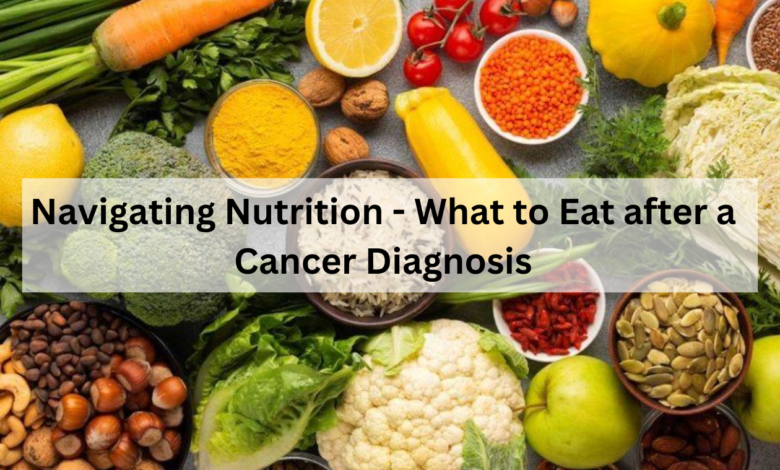Navigating Nutrition – What to Eat after a Cancer Diagnose

Good food, good company, and the spirit of humanity are all important. Let’s eat well to fight cancer, one tasty bite at a time.
Understanding the importance of nutrition when facing a cancer diagnosis can be very empowering. Lisa Statner MS, RDN is an oncology dietist at USC Norris Comprehensive Cancer Center. She offers valuable insights into creating a diet to support your body during treatment and recovery.
Navigating nutrition after a cancer diagnosis is crucial for supporting the body while undergoing treatments like chemotherapy or medications such as Antreol. Choosing the right foods can help manage side effects and improve overall well-being, making it a vital part of the journey to treat cancer effectively.
Prepare Your Nutrition Plan by Setting the Scene
It’s important to prepare for your journey in nutrition before you begin treatment. Working with a registered dietitian will allow you to receive a comprehensive nutritional assessment and personalized recommendations that are tailored to your treatment plan and health status.
Fueling your body: foods to embrace before treatment begins
Prioritizing foods rich in protein becomes essential as you prepare for your journey. Beans, chicken, and yogurt are the best foods to incorporate into your diet in order to preserve muscle mass. Omega-3 fatty acid sources such as flaxseed and fish can also help to prevent muscle loss. Cruciferous vegetables, which are rich in antioxidants, offer protection against cancer recurrence.
Fueling your body with the right foods before treatment begins can significantly help in preparing to treat cancer, especially when taking medications like Lenalidomide 25, which can have side effects that balanced nutrition may help alleviate. Embracing nutrient-rich meals supports overall health and strengthens the body’s ability to cope with the challenges of cancer treatment.
Nourishment During Treatment: Key Nutrition Goals
To navigate the challenges of cancer treatments, you must focus on maintaining your weight and understanding your body’s tolerance to food. As calorie and protein requirements increase, people tend to eat more nutrient-dense foods like avocados and salmon. Smaller, more frequent meals as well as nutrient-rich drinks can help you meet your nutritional needs without overeating.
The rollercoaster of treatment days. You might be ravenous some days, but if you think about food, it might make your stomach turn. When your appetite is high, fuel your body with foods rich in protein, such as lean meats and eggs. Don’t forget to eat your fruits and vegetables – they are full of essential nutrients. Drink plenty of water, and if you want to get an extra vitamin boost, try some freshly squeezed juice.
Tips to Manage Side Effects and Mealtime Success
Cancer treatment can cause eating disorders, such as loss of appetite or changes in taste perception. Lisa Statner offers practical strategies for nausea and vomiting. Prioritizing food hygiene and choosing thoroughly cooked foods will help you to avoid potential infections during treatment.
Building Your Support System: Accessing Comprehensive Care
To navigate the complexity of cancer treatment, you will need to work with your family and caregivers. You can find a cancer support program in Redmond at aim4healthnw.com. They provide comprehensive resources, expert advice on post-cancer diets, and compassionate wellness.
You can find tailored solutions for maintaining your health at every stage of cancer treatment with the help of a dietitian.
Discuss: How would you like to integrate these nutrition tips into the cancer treatment plan that you have in mind? Do you have any specific concerns or issues that you would like to discuss with your cancer care team?



